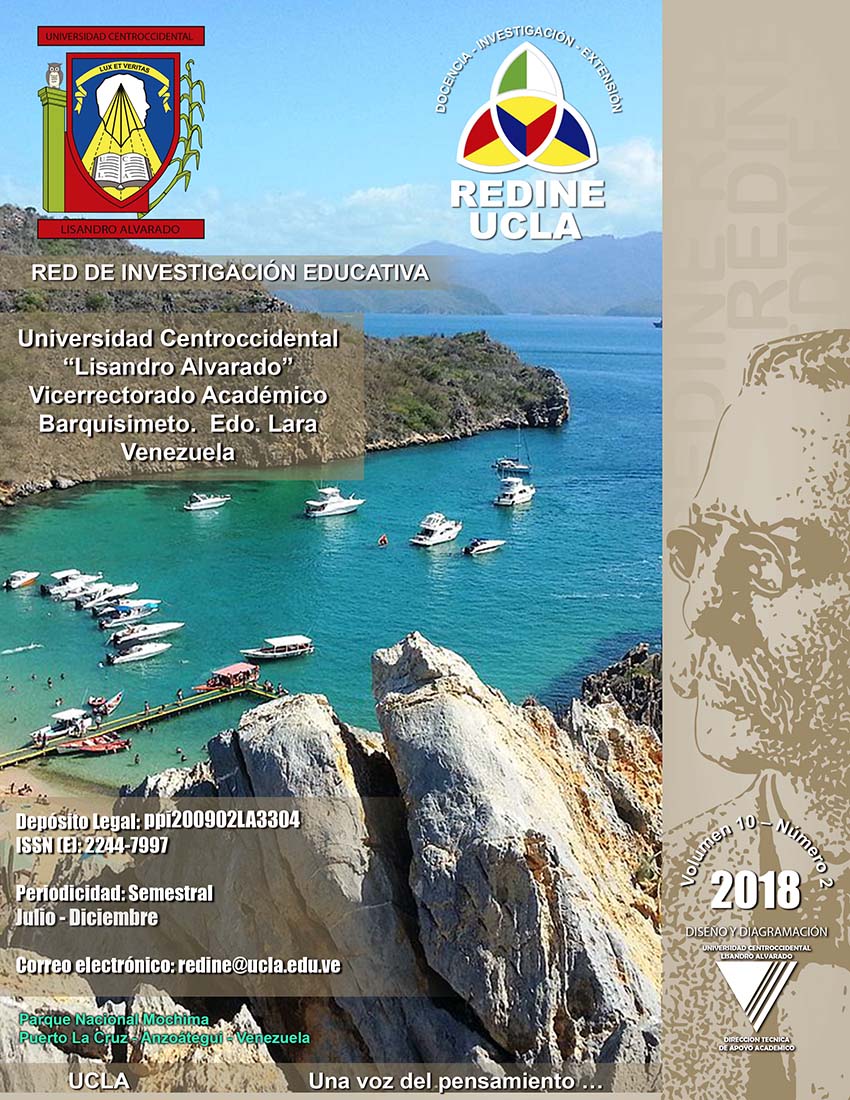The p-coach in the axiological training of the latin american tenimasista of the sub11 category
Keywords:
P-Coach, axiological training, table tennisAbstract
The purpose of present research was to sensitize the P-Coach in the axiological formation on the latinoamerican table tennis players of the under 11 category; through the participation of those who assume a double role as relatives and coaches in the formative process of table tennis. For this, a qualitative research was carried out, under the sociocritical paradigm and IAP methodology. The study was based on an eclectic approach, base on theories of Albert Bandura´s vicarious learning, the moral development of Lawrence Kholberg, the learning of table tennis of Glenn Tepper, the performance patterns of Phillipe Molodzoff, the Olympic Chart and the sport values of Gutierrez. The transformative action plan where the use of TICs was indispensable to ensure compliance with participation of 25 countries affiliated to the ULTM and more than 15 coaches. The AtlasTi software and the triangulation technique were used for the analysis of the qualitative data. The collected reflections evidence an awakening in the conscience on the importance that assumes a P-Coach in the formation on the table tennis players beyond the competition. An integral sport education base on values and assertive relationships in the long term.
Downloads
References
Galeano M. (2005). Diseño de proyectos en la investigación cualitativa. Fondo Editorial IniversidadEafit.
Gordon, A. y Browne, K. (2001). La infancia y su desarrollo. [Libro traducido del original: Beginnings and Beyons]. Cengage Learning.
Giraldo (2013). Metodología de Investigación. Cita electrónica recuperada en Noviembre 13, 2017.
Disponible en:
http://bianneygiraldo77.
wordpress.com/2013/01/22/bases-legales/
Guillén F. y Mara M. (2007). Psicología del entrenador deportivo. Editorial Deportiva S.A. Sevilla. España. Disponible en:
http://www.qualitative-research.net
/index.php/fqs/article/viewArticle/466/998
Martínez, M. (1999). EL comportamiento Humano. Editorial Trillas. México. Recuperado el 26-1-2016.
Disponible en:
https://es.scribd.com/doc/72135757
/Comportamiento-Humano
Ministerio de Educación y Ciencia (2005). Valores del deporte en la Educación. Ministerio de Educación y Ciencia. España.
[Libro electrónico].
Recuperado en Diciembre 15.
Disponible en:
https://books.google.co.ve/books
?id=HNmaZu71SBIC&printsec
=frontcover&hl=es#v=onepage&q&f=false
Santín L. (2008). Cómo fomentar la conciencia moral en sus hijos. Colección Familia. Selector S.A. D.F México.
Tepper, G. Y. Molodzoff, Y. (2008). Manual para entrenadores Nivel 1. Y Avanzado. Federación Internacional de Tenis de Mesa.
Unión Latinoamericana de Tenis de Mesa ULTM (2017).
Recuperado el 29 de Octubre del 2016 de la base de datos en línea.
Disponible en:
www.ultmonline.org/ultm.anuncia
-requisitos-para-eventos-latinoamericanos-2017/
Published
How to Cite
Issue
Section
Copyright from the year of publication
This work is licensed under a:
Creative Commons Reconocimiento-NoComercial-CompartirIgual 4.0 Internacional (CC BY-NC-SA 4.0)
The opinions expressed by the authors do not necessarily reflect the views of the publication's editor or UCLA. Total or partial reproduction of the texts published here is authorized, provided that the complete source and the electronic address of this journal are cited. Authors have the right to use their articles for any purpose, provided it is done on a non-profit basis. Authors may publish the final approved version of their work online or in any other medium after it has been published in this journal.




